Over the past three years, our practice Office has curated a public lecture series titled The Politics of Public Space, inviting speakers from various disciplines and backgrounds to present in civic spaces around Melbourne. By holding the series outside conventional institutions, we have been able to curate discussions that sit within and engage with the city’s forms and the many issues at stake in their development.
In March 2020, Office cut short its third lecture series in light of the COVID-19 outbreak. While the effects of the virus and the subsequent restrictions in Australia were not, at the time, as consequential as in other countries, holding lectures in physical public spaces became problematic. As many public institutions and communities moved online, we asked, how might we view digital spaces as an extension of public space? And what implications might this have on our interaction with the material city?
“Where are the claims to the right to the city being made, when publics and the city dwellers become [increasingly] separate? And what is the legitimacy of these claims, if they are made in the digital street versus the material street?”
– Myria Georgiou
The COVID-19 stimulated retreat from the city has disclosed the extent of privatization in the public domain. Commonly known as “privately owned public space,” governments have relied on the private sector to take responsibility for the allocation, maintenance and control of these seemingly public spaces. In the weeks following retreat, it has been revealed that these “public” spaces were empty because their associated commercial ventures were no longer operating.
Read the full article on Landscape Australia
Authors:
Recommended by Nicholas Loder

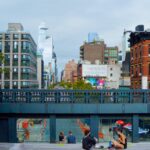



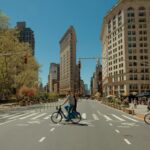
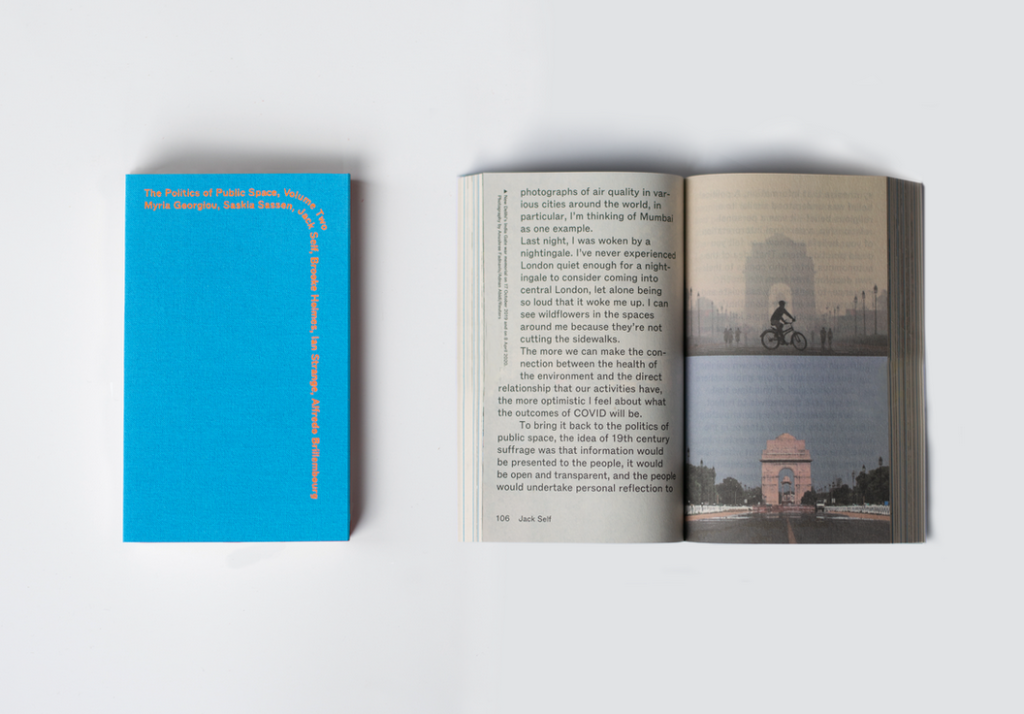
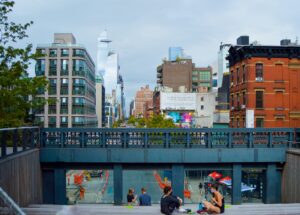
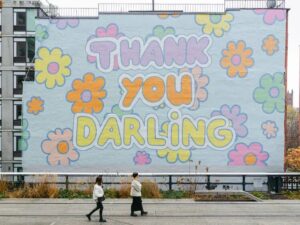


More Stories
TULIP – Your place at the table / ADHOC architectes
Milan Public Space
Anatomy of Public Space